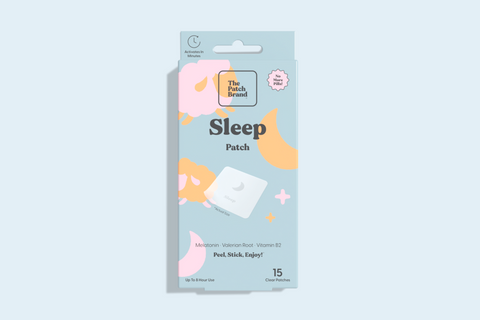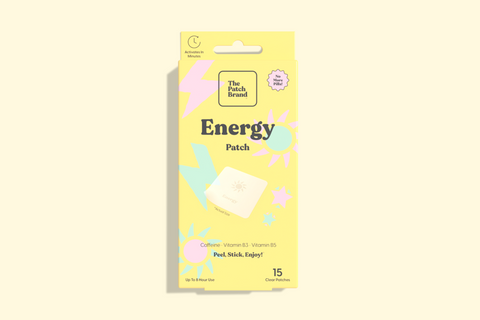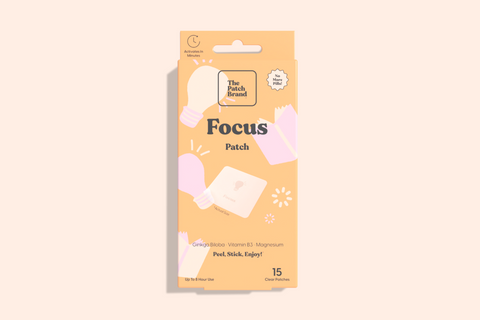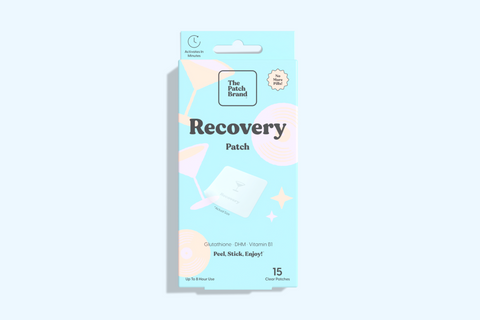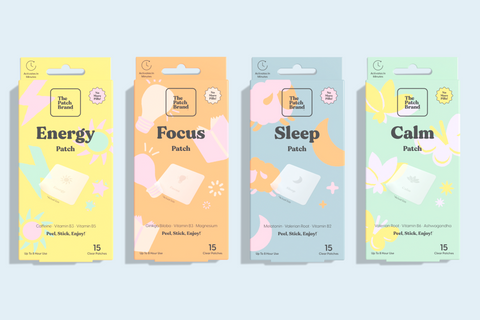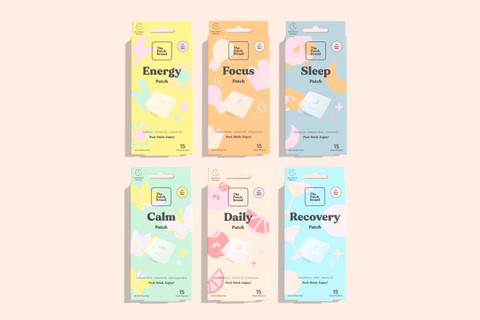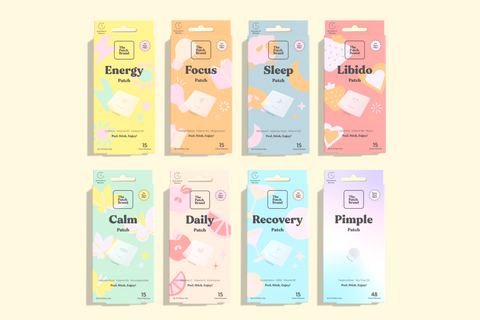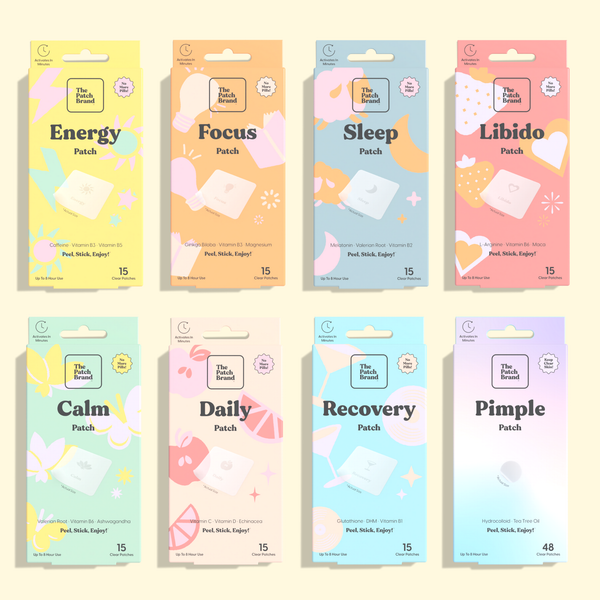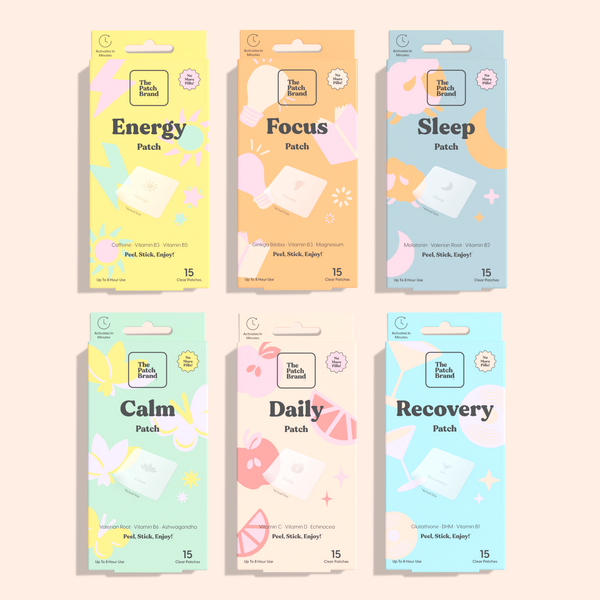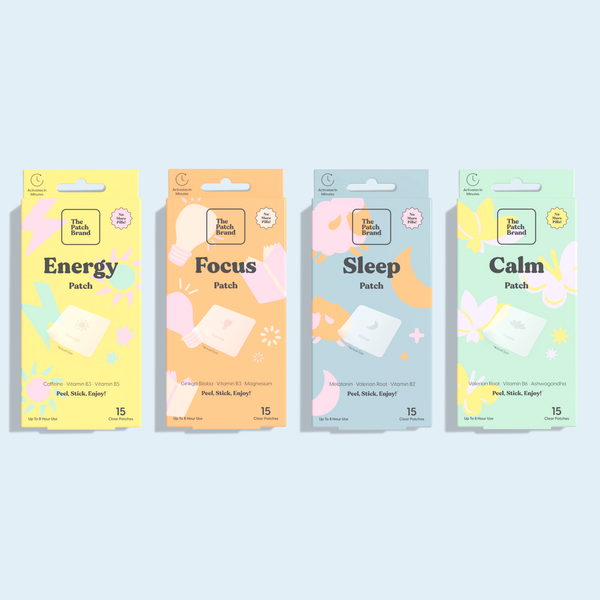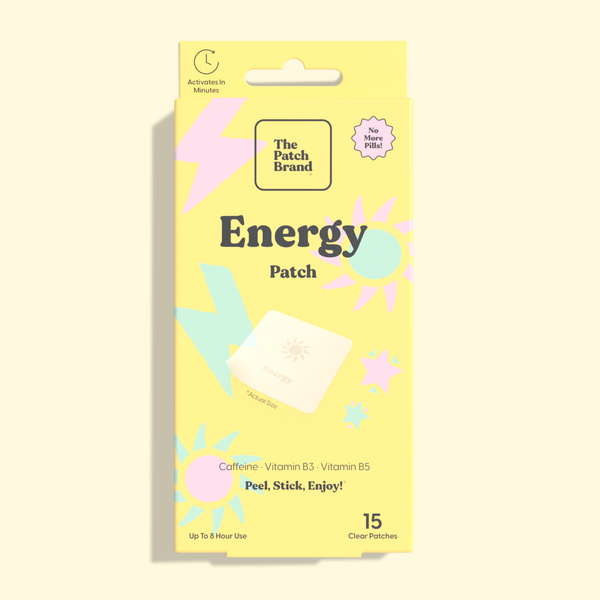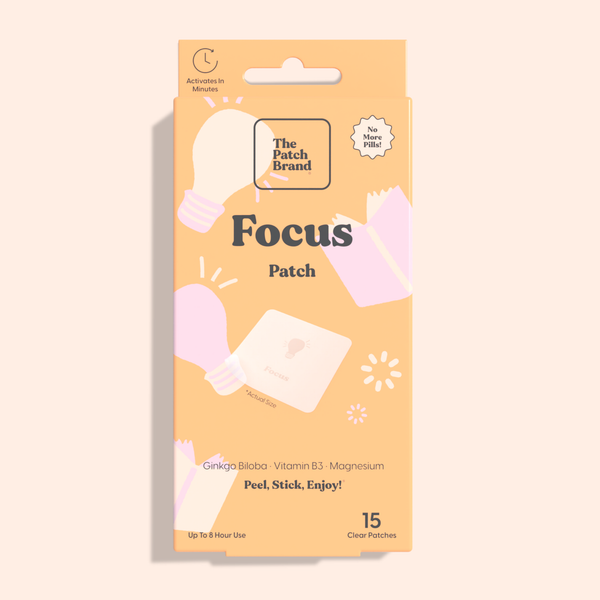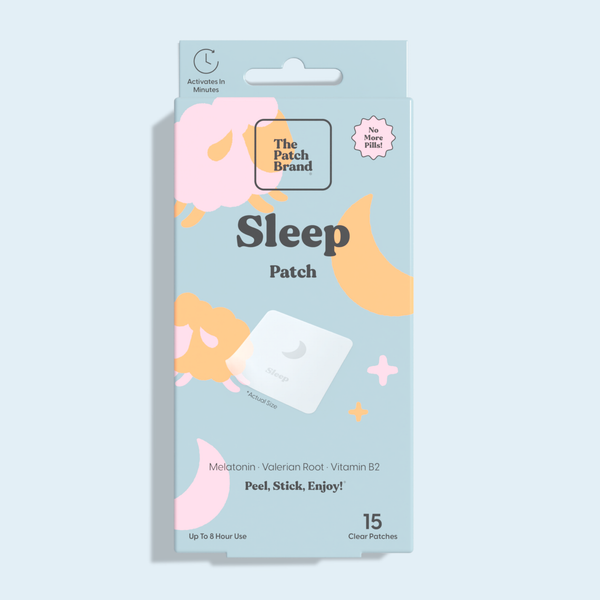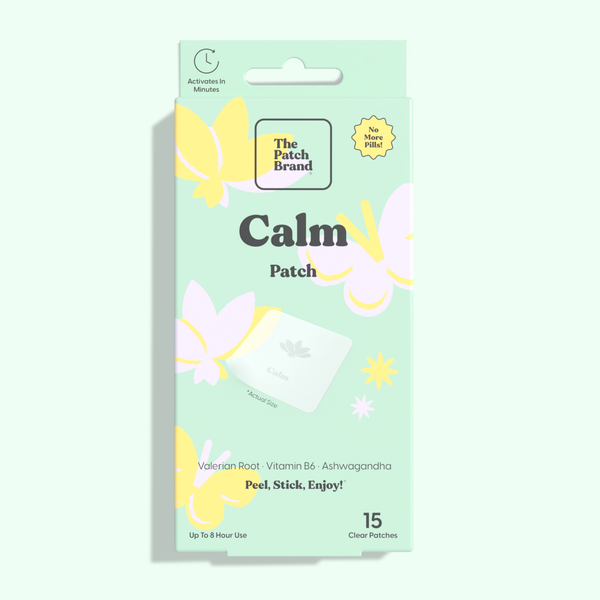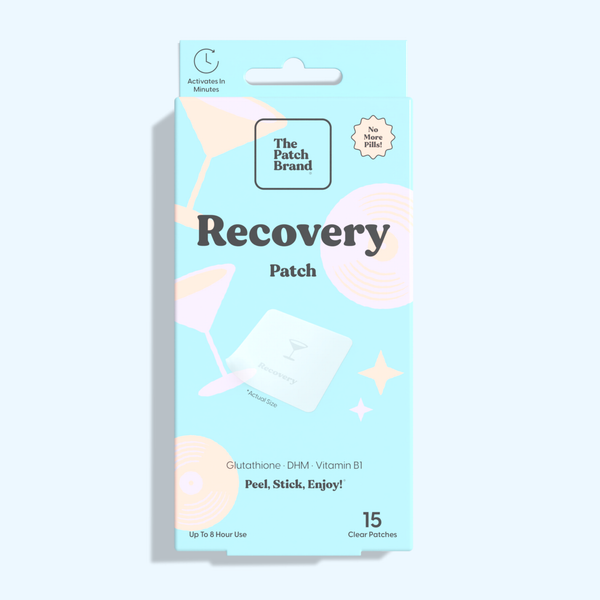Brain fog is not just a momentary lapse in memory or a brief period of confusion; it's a condition that can significantly disrupt daily life. The symptoms of brain fog include difficulty concentrating, forgetfulness, a lack of clarity, and the inability to process information quickly. While it might feel like you're just "off" some days, understanding what causes brain fog is crucial to overcoming it. Often, it stems from factors like stress, poor diet, lack of sleep, and underlying health issues. Recognizing these symptoms and causes is the first step towards clearing the fog and regaining your mental sharpness.
Identifying the Causes of Brain Fog
Diet and Nutritional Deficiencies
A poor diet, characterized by excessive consumption of processed foods, sugars, and unhealthy fats, stands as a significant contributor to the development of brain fog. Such eating habits not only deprive the brain of the necessary nutrients it needs to function optimally but also lead to a buildup of toxins that can impair cognitive processes.
Nutritional deficiencies play a direct role in exacerbating symptoms of brain fog. Essential nutrients, such as omega-3 fatty acids, are vital for brain health. Omega-3s found abundantly in fish, flaxseeds, and walnuts, are known for their anti-inflammatory properties and their role in brain cell membrane fluidity, both of which are crucial for cognitive function. Antioxidants, another key group of nutrients, protect the brain from oxidative stress, which can damage brain cells and lead to cognitive decline. These antioxidants are plentiful in fruits, vegetables, nuts, and seeds.
The Impact of Stress and Lack of Sleep
Stress and inadequate sleep are among the top contributors to brain fog. Chronic stress can exhaust the brain, leading to decreased cognitive function, while a lack of sleep disrupts the brain’s ability to clear toxins and regenerate. Both these factors can severely impact one's ability to think clearly and maintain focus. By managing stress levels and ensuring sufficient rest, one can significantly improve cognitive clarity and reduce brain fog symptoms.
The Connection Between Hydration and Brain Function
Water, constituting about 60% of the human body, plays a pivotal role in almost every bodily function, including those of the brain. The brain itself is approximately 75% water, which highlights the importance of hydration for its optimal operation. Even mild dehydration, which may not significantly affect other bodily functions, can impair cognitive abilities such as concentration, memory, and the ability to perform complex cognitive tasks. Water serves several vital functions in the brain; it acts as a shock absorber, protects brain tissues, and serves as the medium through which nutrients are transported to the brain cells and toxins are removed. Dehydration can lead to a decrease in the brain's energy production, causing fatigue.
Drinking sufficient water throughout the day ensures that the brain remains well-hydrated and functions efficiently. The amount of water needed can vary based on factors such as body size, activity level, and environmental conditions, but a general guideline is to aim for about 8 glasses, or approximately 2 liters of water a day. This not only helps in mitigating the effects of dehydration on the brain but also promotes overall health and well-being.
Nutritional Strategies to Combat Brain Fog
B-Vitamins for Energy Metabolism
B vitamins play a critical role in energy metabolism and brain health, making them essential natural remedies for brain fog. They help convert food into energy, crucial for maintaining optimal brain function. Deficiencies in vitamins such as B6, B9, and B12 can lead to reduced cognitive function, including symptoms of brain fog. Including sources of B vitamins like eggs, dairy products, and legumes in your diet can support energy production and cognitive clarity.
Vitamin D for Mood and Cognitive Function
Vitamin D has a profound effect on the brain's functioning, influencing mood and cognitive abilities. Low levels of vitamin D have been linked to an increased risk of cognitive decline and brain fog. Sun exposure is a primary source of vitamin D, but it can also be found in foods like fatty fish and fortified products. Supplementing your diet with vitamin D, especially in areas with limited sunlight.
Supplements for Brain Fog
Vitamin Patches: Focus Vitamins
Focus vitamin patches offer an innovative approach to nutrient absorption, bypassing the digestive system and delivering vitamins for brain fog directly into the bloodstream. This method can be particularly beneficial for individuals with digestive issues or those who have difficulty swallowing pills. Vitamin patches containing B vitamins, vitamin D, and other essential nutrients can provide a steady release, potentially enhancing cognitive function and focus throughout the day.
Probiotics and Gut Health
The intricate relationship between the gut and the brain, often referred to as the gut-brain axis, plays a pivotal role in overall well-being. This connection is bidirectional, meaning that while the brain can affect gut health, the state of the gut can also have profound impacts on the brain and cognitive functions.
Probiotics, which are beneficial bacteria found in certain foods and supplements, can play a key role in maintaining a healthy gut microbiome. By improving gut health, probiotics help regulate the balance of the gut flora, which in turn can have positive effects on brain function. This is primarily because a healthy gut microbiome can aid in reducing inflammation and oxidative stress, both of which are known to impair cognitive processes.
Adaptogenic Herbs
These natural substances work by modulating the body's stress-response system, helping to alleviate the mental fog that often accompanies prolonged stress or fatigue. For individuals looking to integrate natural strategies into their mental wellness regimen, the following adaptogenic herbs offer promising benefits:
-
Ashwagandha: Ashwagandha is a powerful adaptogen known for its stress-reducing effects. By mitigating stress and anxiety, it creates an environment conducive to improved concentration. Ashwagandha can help regulate cortisol levels, the body's stress hormone, therefore reducing the physical and mental effects of stress. This makes ashwagandha particularly effective for those looking to enhance their focus and cognitive function in high-pressure environments.
-
Rhodiola Rosea: This adaptogen is celebrated for its ability to boost energy, stamina, and mental capacity. Rhodiola Rosea works by stimulating the body's stress response system to increase resistance to stress, while simultaneously enhancing brain function. This dual action makes it an invaluable tool for combating brain fog treatments and improving mental performance, especially during periods of intense work or study.
-
Ginseng: Ginseng has a long history of use in traditional medicine for improving cognitive function. This adaptogen can positively affect memory, mood, and attention span, making it a popular choice for those seeking to enhance their cognitive abilities. Ginseng's effectiveness is thought to stem from its anti-inflammatory and antioxidant properties, which help protect the brain from oxidative stress and support overall brain health.
-
Holy Basil: Known also as Tulsi, Holy Basil is revered for its ability to alleviate stress-related cognitive difficulties. By modulating the body's stress response, Holy Basil promotes a clearer, more focused state of mind. Its anti-anxiety and antidepressant properties contribute to a sense of calm and mental clarity, making it especially useful for those facing stressful situations or chronic stress.
Incorporating these adaptogenic herbs into one's lifestyle can be a natural and effective way to support mental clarity and combat the effects of stress. As with any supplement, it's important to consult with a healthcare professional before starting, especially for those with underlying health conditions or those taking medications, to ensure safety and efficacy.
The Role of Electrolytes in Mental Clarity
These charged minerals, found in bodily fluids, help transmit electrical signals in the body, including the brain, where they influence cognitive processes such as memory, concentration, and the generation of nerve impulses. Understanding the specific roles of various electrolytes can illuminate how they contribute to maintaining mental sharpness and overall brain health:
-
Sodium: Sodium is pivotal for cognitive functions as it facilitates the generation and transmission of nerve impulses. These impulses are essential for thought processes, learning, and memory. Sodium works by creating a gradient that helps in the movement of electrical charges across neuron membranes, a process crucial for the firing of neurons. This action is fundamental to all cognitive processes, making sodium indispensable for mental clarity and the efficient functioning of the brain.
-
Potassium: Like sodium, potassium helps maintain electrical conductivity in the brain, but it works in a complementary manner. Potassium is involved in restoring the electrical gradient after a neuron has fired, preparing it for the next signal. This role is crucial for sustained concentration, cognitive performance, and the smooth transmission of nerve impulses. Adequate potassium levels are therefore essential for keeping the brain's electrical activity balanced and supporting cognitive functions.
-
Magnesium: Magnesium's role in mental clarity and cognitive function is multifaceted. Involved in over 300 enzymatic reactions in the body, magnesium is particularly important for those that produce energy for the brain. It also supports the learning and memory processes by influencing synaptic plasticity, which is the ability of synapses (the connections between neurons) to strengthen or weaken over time. This makes magnesium a key nutrient for brain health and efficient cognitive functioning.
Ensuring a diet to reduce brain fog can contribute significantly to mental clarity and the overall functioning of the brain. As with any dietary or health strategy, it's important to approach electrolyte intake with a view toward balance and moderation, as both deficiencies and excesses can impair overall health.
Lifestyle Adjustments to Enhance Cognitive Function
The Role of Regular Exercise
Exercise serves as a powerful tool not only for enhancing physical health but also for improving mental well-being. When we engage in exercise, it increases blood flow to the brain, delivering oxygen and nutrients that are essential for its optimal functioning. Beyond the immediate benefits of increased blood flow, exercise also plays a critical role in the brain's structural and functional integrity over the long term. Physical activity stimulates the release of various growth factors, chemicals in the brain that affect the health of brain cells, the growth of new blood vessels in the brain, and even the abundance and survival of new brain cells. Among these chemicals, brain-derived neurotrophic factor (BDNF) stands out for its role in supporting the growth of new neurons and protecting existing ones.
Incorporating regular exercise into one’s daily routine can be a key strategy in achieving mental clarity and optimal cognitive function. Whether it's through aerobic exercises like running, swimming, and cycling, or strength training and yoga, the key is consistency and enjoyment, which ensures the sustainability of the habit. As little as 30 minutes of moderate to vigorous exercise most days of the week can yield significant benefits for both the mind and body.
Sleep Hygiene Practices
Sleep plays a pivotal role in cognitive function and mental health. A good night's sleep allows the brain to rest, repair, and rebalance its chemicals and hormones. Poor sleep hygiene, on the other hand, can lead to increased brain fog symptoms, impaired memory, and decreased focus. Establishing a consistent sleep schedule, creating a restful environment, and avoiding screens before bedtime are key practices to improve sleep quality and, consequently, brain health.
Stress Management Techniques
Mindfulness meditation involves paying deliberate attention to the present moment in a non-judgmental way. This practice helps in acknowledging and accepting one’s thoughts and feelings without becoming overwhelmed by them. Engaging in mindfulness meditation regularly has been shown to reduce the levels of cortisol, a stress hormone, thereby diminishing the physiological effects of stress on the brain. Deep breathing exercises, another powerful stress management tool, work by activating the body's relaxation response. By focusing on slow, deep breaths, these exercises can decrease heart rate and blood pressure, counteracting the body's stress response.
The Impact of a Supportive Environment
The environment in which we live and work can significantly impact our cognitive function and ability to focus. Creating a supportive environment—one that minimizes distractions, promotes relaxation, and encourages healthy habits—can enhance the effectiveness of the dietary and lifestyle changes you're making. Whether it's decluttering your workspace, reducing noise pollution, or surrounding yourself with supportive people who encourage your health goals, these environmental adjustments can play a crucial role in your journey to clear brain fog.
As you move forward, empower yourself with the knowledge and tools necessary to transition from fog to focus. Be patient and consistent with your efforts, and don't hesitate to seek support from healthcare professionals or a community of like-minded individuals. Your journey to overcoming brain fog is not just about improving cognitive function; it's also about enhancing your overall quality of life and well-being.



